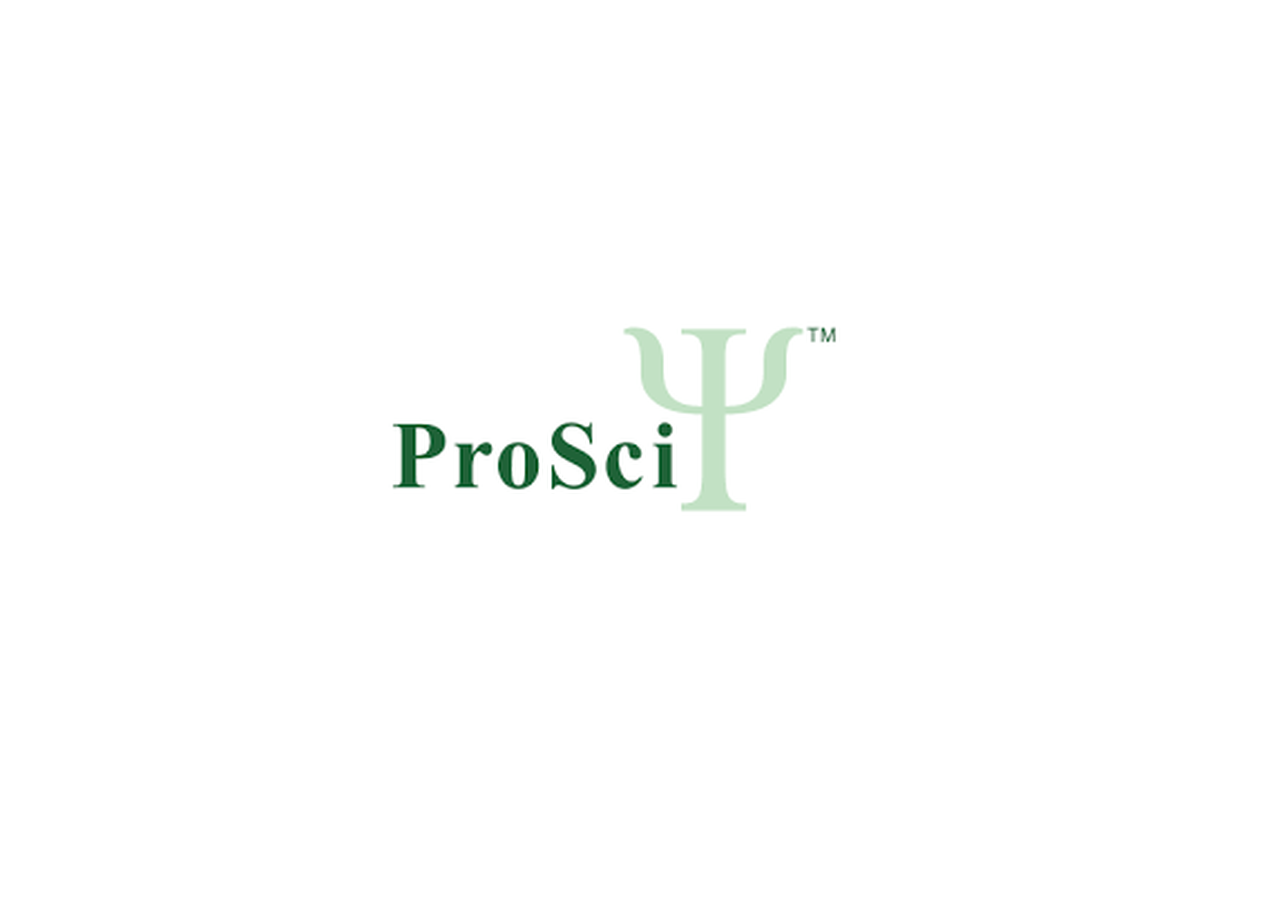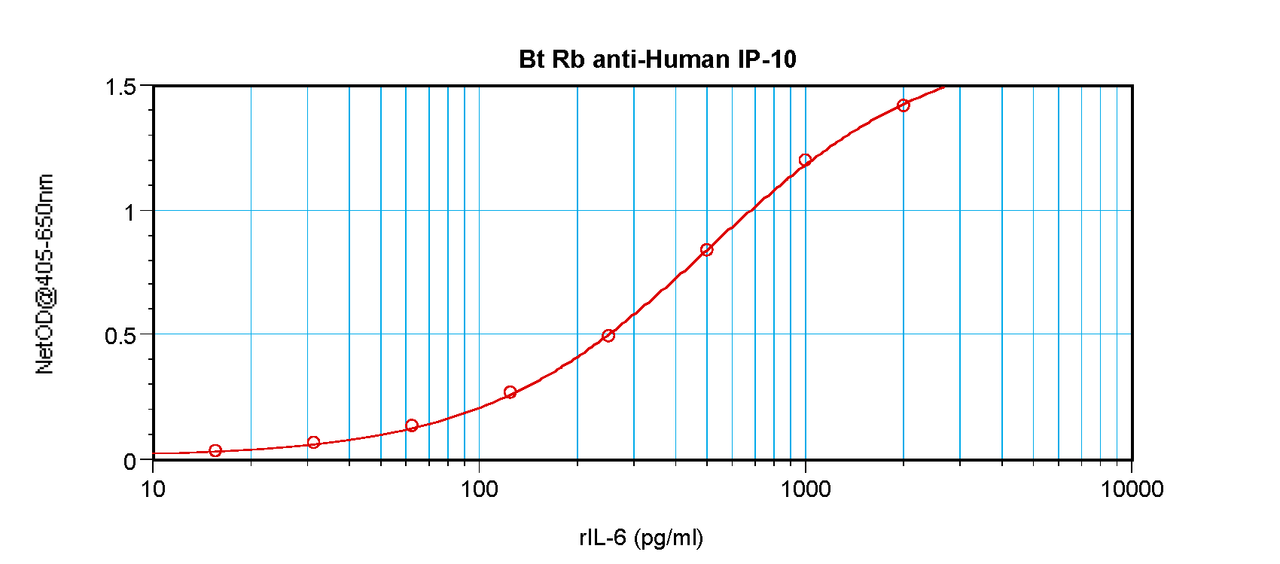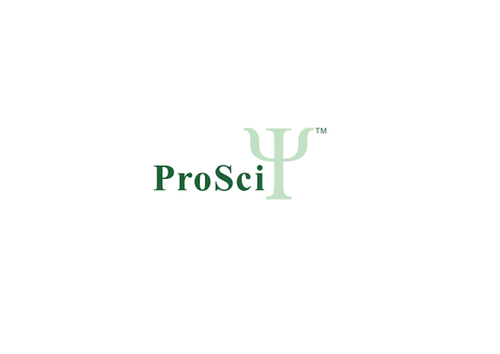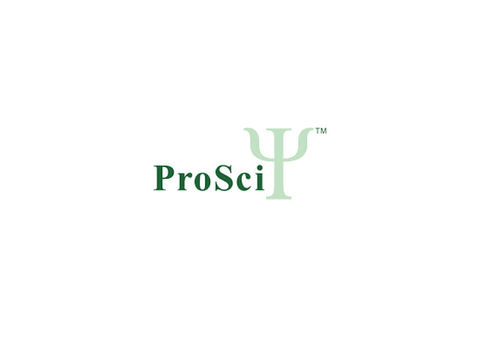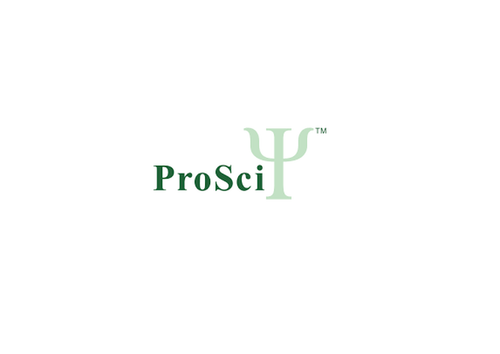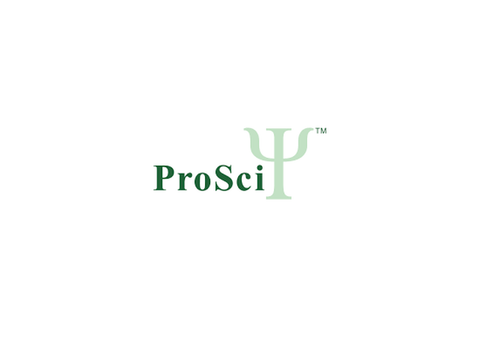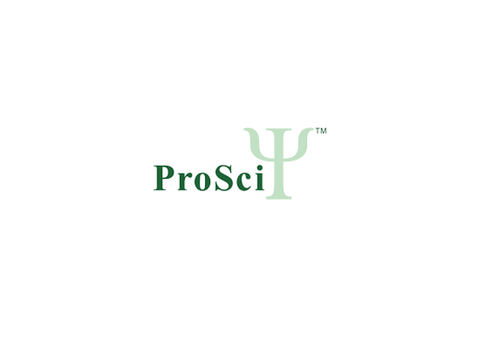Product Description
IP-10 Antibody (biotin) | XP-5203Bt | ProSci
Host: Rabbit
Reactivity: Human
Homology: N/A
Immunogen: Produced from sera of rabbits pre-immunized with highly pure (>98%) recombinant hIP-10 (human IP-10) .
Research Area: Chemokines & Cytokines, Antibody Pairs
Tested Application: E, WB
Application: ELISA:
Sandwich:
To detect hIP-10 by sandwich ELISA (using 100 μL/well antibody solution) a concentration of 0.25 - 1.0 μg/mL of this antibody is required. This biotinylated polyclonal antibody, in conjunction with our Polyclonal Anti-Human IP-10 (XP-5203) as a capture antibody, allows the detection of at least 0.2 - 0.4 ng/well of recombinant hIP-10.
Western Blot:
To detect hIP-10 by Western Blot analysis this antibody can be used at a concentration of 0.1 - 0.2 μg/mL. Used in conjunction with compatible secondary reagents the detection limit for recombinant hIP-10 is 1.5 - 3.0 ng/lane, under either reducing or non-reducing conditions.
Specificiy: N/A
Positive Control 1: N/A
Positive Control 2: N/A
Positive Control 3: N/A
Positive Control 4: N/A
Positive Control 5: N/A
Positive Control 6: N/A
Molecular Weight: N/A
Validation: N/A
Isoform: N/A
Purification: Anti-hIP-10 specific antibody was purified by affinity chromatography and then biotinylated.
Clonality: Polyclonal
Clone: N/A
Isotype: N/A
Conjugate: Biotin
Physical State: Lyophilized
Buffer: N/A
Concentration: N/A
Storage Condition: IP-10 antibody is stable for at least 2 years from date of receipt at -20˚C. The reconstituted antibody is stable for at least two weeks at 2-8˚C. Frozen aliquots are stable for at least 6 months when stored at -20˚C. Avoid repeated freeze-thaw cycles.
Alternate Name: C7, IFI10, INP10, IP-10, crg-2, mob-1, SCYB10, gIP-10, C-X-C motif chemokine 10, 10 kDa interferon gamma-induced protein, Gamma-IP10
User Note: Centrifuge vial prior to opening.
BACKGROUND: Interferon-gamma-inducible 10 kD protein (IP-10) , is a CXC chemokine with chemoattractant properties for CD4-positive T cells and inhibits early normal and leukemic hemopoietic progenitor proliferation. IP-10 is produced by a wide variety of cell types ranging from neutrophils and monocytes to hepatocytes, endothelial cells and keratinocytes. The cytokine is reported to be involved in a scala of inflammatory pathologies such as HIV encephalitis, cutaneous T cell lymphoma, chronic hepatitis and acute anterior uveitis. Various observations strongly suggest a role for the CXC chemokines IL-8 and IP-10 in the regulation of angiogenic activity in cancer and in idiopathic pulmonary fibrosis.
 Euro
Euro
 USD
USD
 British Pound
British Pound
 NULL
NULL

